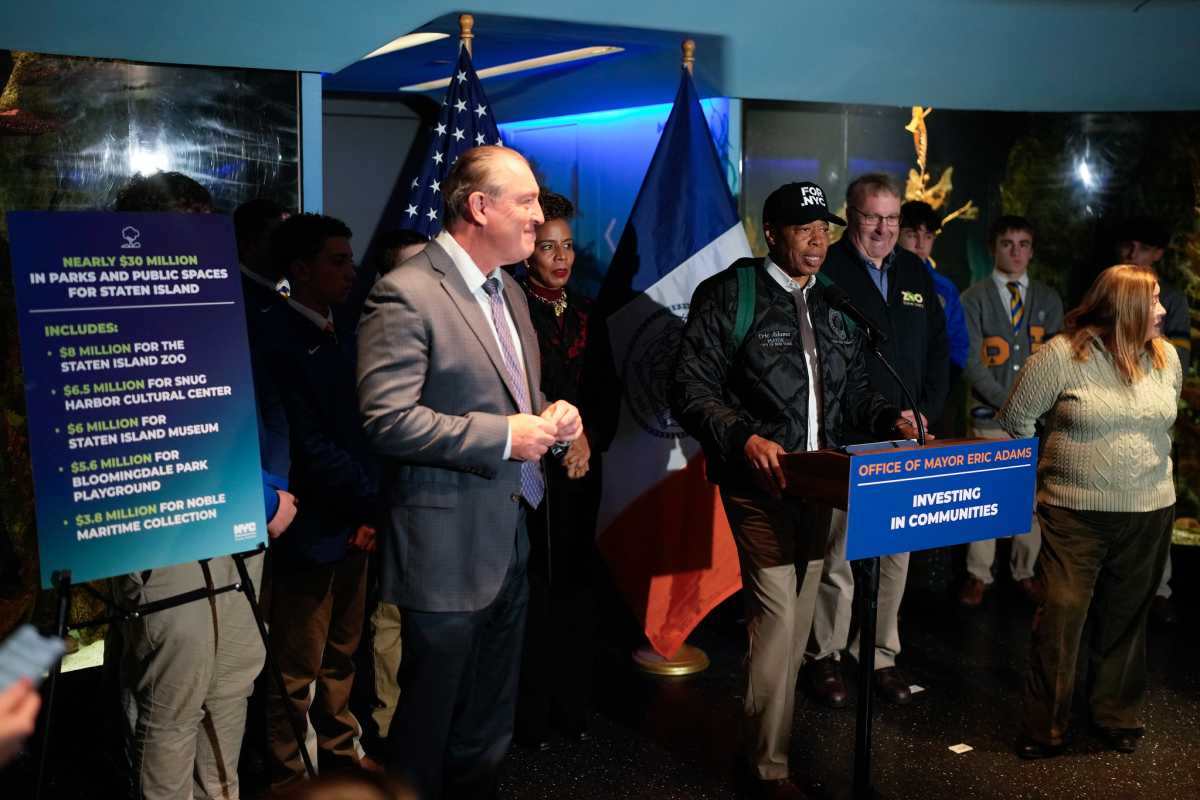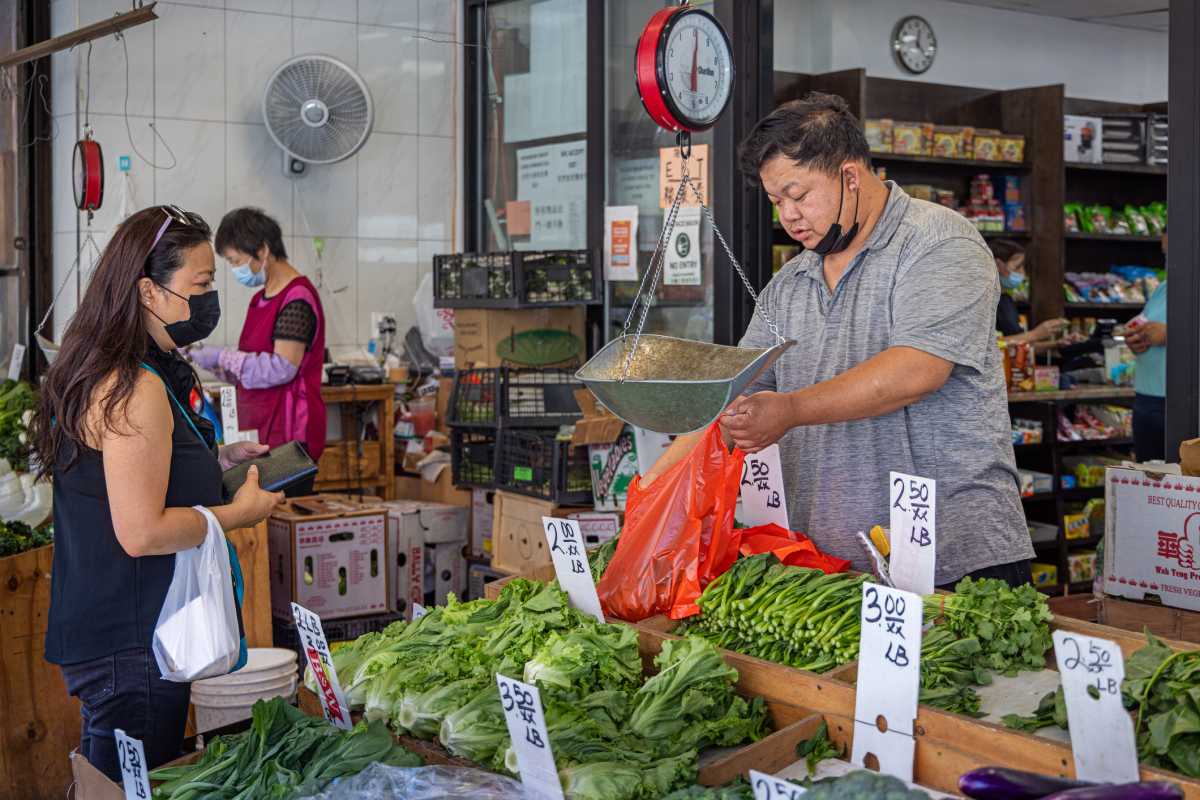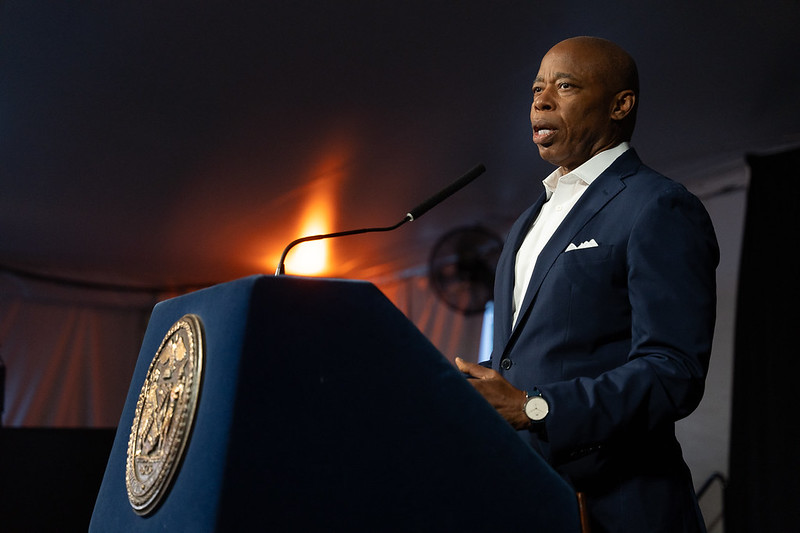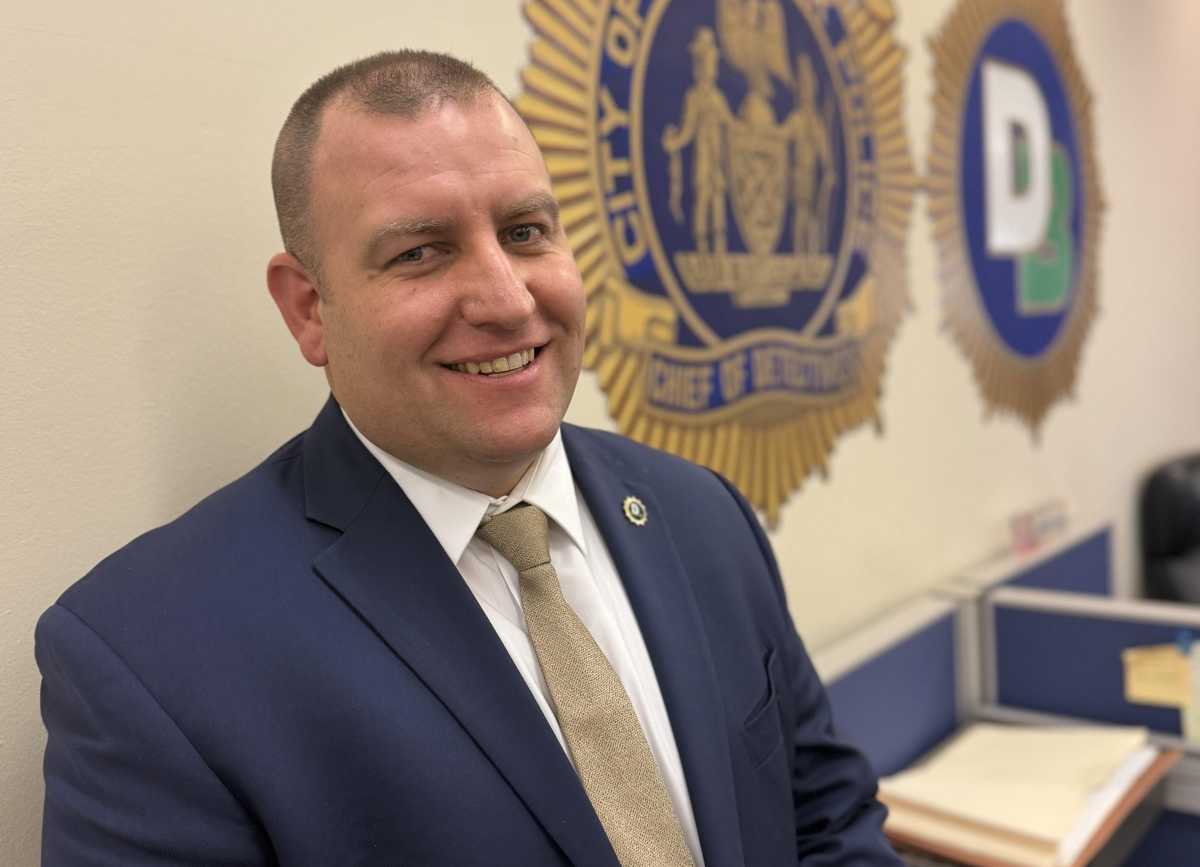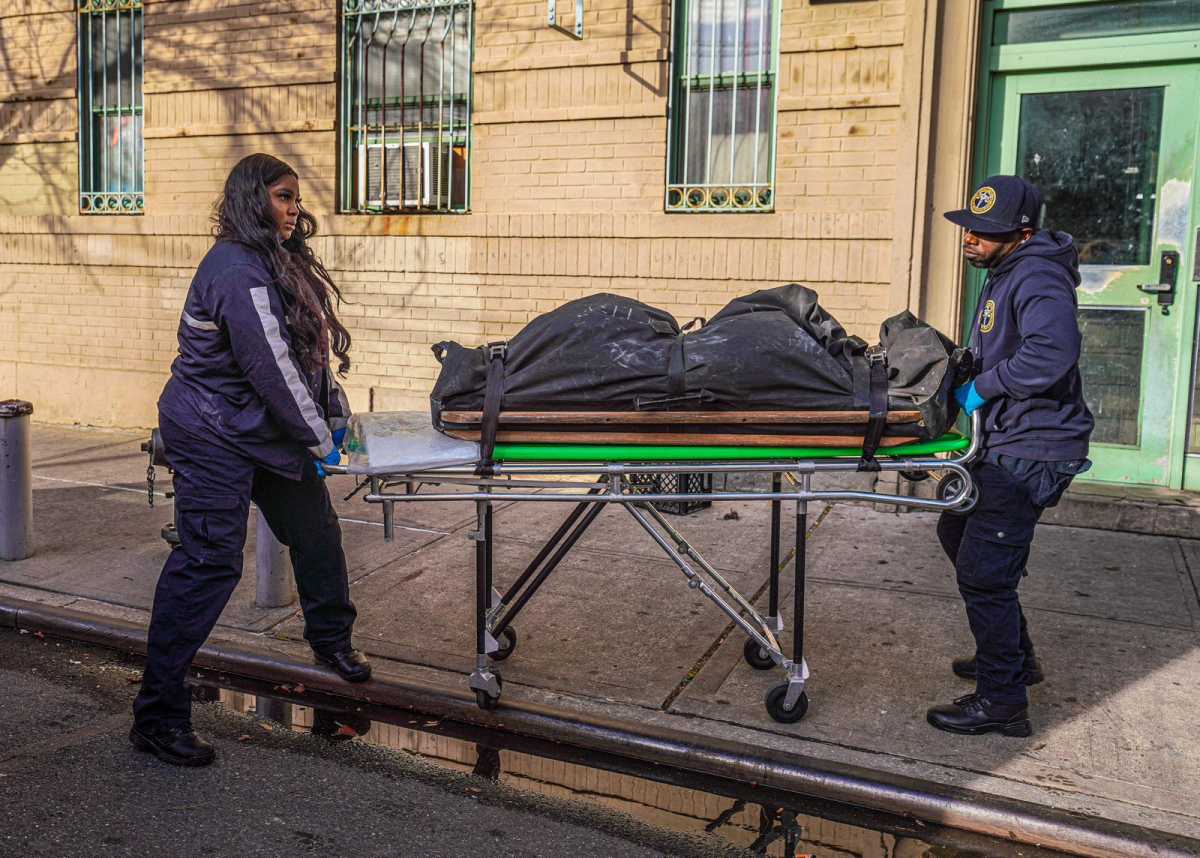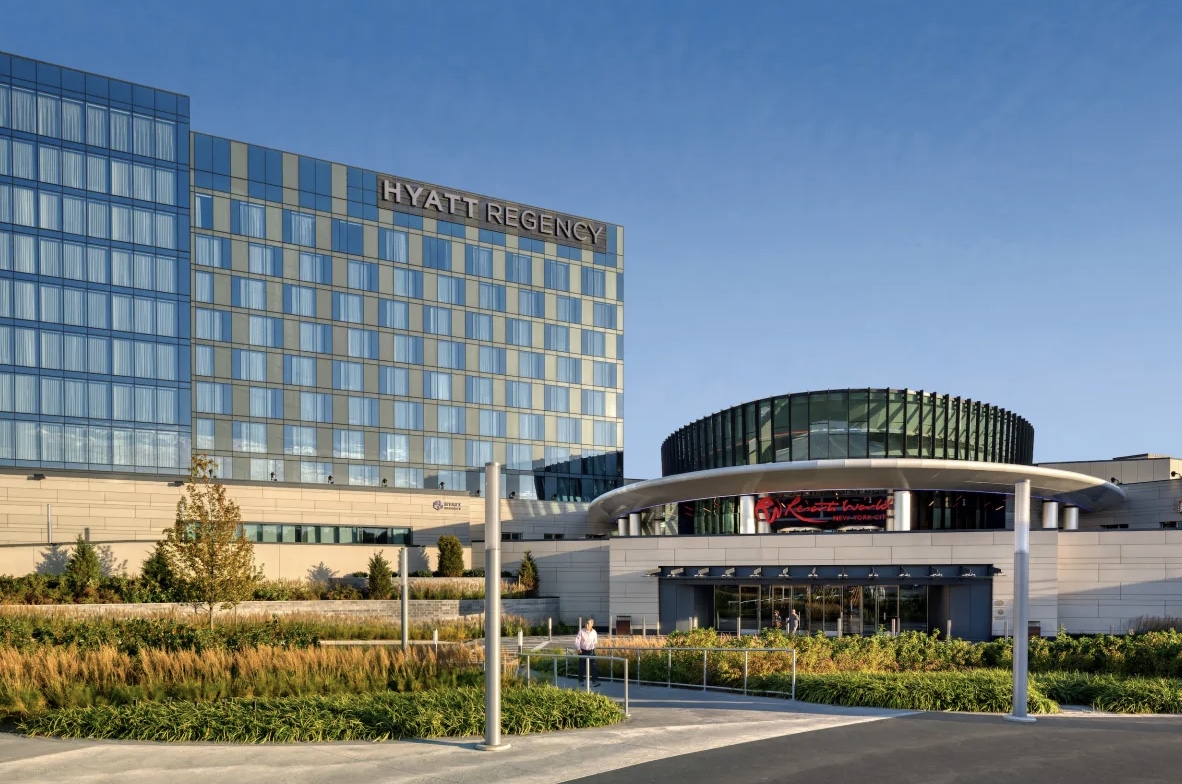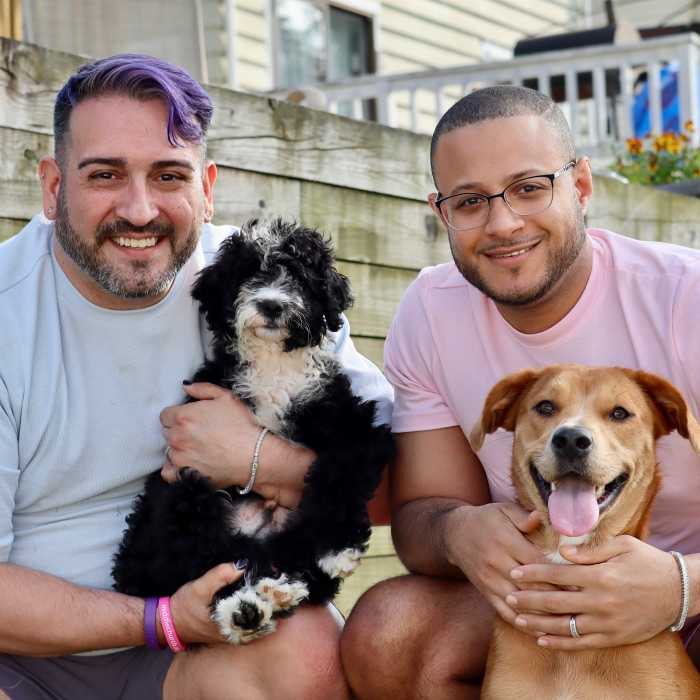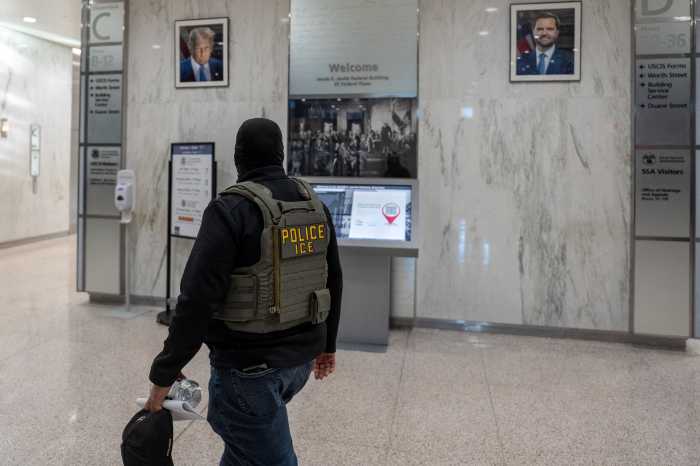As an educator deeply invested in the well-being and development of youth in the Bronx, I am profoundly concerned about the potential ramifications of the proposed Stop Addictive Feeds Exploitation (SAFE) for Kids Act in New York. While the bill aims to shield minors’ experiences online through a variety of measures, these well-intentioned efforts could have unintended consequences.
One troubling aspect of the proposal is its effort to regulate what the bill refers to as “addictive feeds” driven by algorithms. Unless parents agree to give their kids access to these standard feeds, users under 18 years old would see entirely different social media feeds. Lawmakers should consider the unintended impacts this provision could have on marginalized groups’ access to important information and supportive communities online.
Many of us have received useful information regarding relevant topics while using social media, thanks to algorithms. By eliminating these formulas, which now drive the internet, we could inadvertently shield users from essential educational materials on mental health resources and supportive online communities.
Studies have shown social media’s ability to connect users, in large part thanks to these algorithms. For instance, a Pew Research study found that about 70% of teens feel that social media enables them to feel better connected to their friends’ feelings and concerns. Removing algorithm-driven feeds could dismantle these vital connections, especially for marginalized youth who rely on social media for support and information.
In addition to its troubling stance on algorithms, the bill’s private right to action component could undermine the ability to help parents ensure children and teens have age-appropriate online experiences. This enforcement mechanism would primarily benefit trial lawyers seeking financial gain, rather than focusing on genuinely assisting parents. By shifting responsibility from policymakers to the courts, the bill sets the stage for endless legal battles, creating a patchwork approach to enforcement with varying outcomes across different jurisdictions. This approach complicates matters for parents who simply want the best for their kids online.
Moreover, the reliance on court adjudications could lead to vast expenditures of resources. Instead of investing in solutions that ensure age-appropriate experiences and provide tools for parents, social media platforms would be forced to handle repeated lawsuits from civil litigators. This whack-a-mole approach wastes resources that could be better used to enhance existing tools and awareness campaigns, developed in collaboration with tech experts and educators, to manage children’s online interactions effectively.
Another concerning element of the proposal is its age verification component. The SAFE Act mandates platforms to employ “commercially reasonable methods” to verify users’ ages, leaving the specifics to the Attorney General’s discretion. This ambiguity could compel social media companies to implement stringent measures that overcomplicate users’ experiences and infringe on privacy, requiring exhaustive data on file for each user, even those over 18. Instead, polling indicates that parents overwhelmingly favor a uniform app store approval process as the most secure method for enforcing parental approval for downloads by minors. This straightforward solution respects privacy without unnecessarily complicating the digital experience.
At Da Peoples Assembly NYC, we work tirelessly to support at-risk youth in the Bronx and East Harlem, providing essential resources and creating a sense of community. Our organization, founded by dedicated community members, offers programs such as back-to-school drives, holiday drives, and participation in local events to ensure that youth have the support they need to thrive. We collaborate with Community Board 6 and elected officials to extend our reach and impact. Despite being a small and relatively new organization, our commitment to social justice and community empowerment drives us to make a meaningful difference in the lives of the youth we serve.
We understand firsthand the importance of digital connections for marginalized youth. Our programs include educational workshops and social media initiatives aimed at raising awareness and providing resources on critical issues like mental health and restorative justice. By fostering a supportive online and offline community, we empower young people to navigate their challenges and build a brighter future.
While the intent behind the SAFE Act is commendable, the methods and implications raise significant concerns about feasibility, parental control, and broader unintended impacts.
The question is not whether we should create age-appropriate experiences online but whether this approach is the best way to achieve that. I urge New York’s legislators to reconsider the problematic elements of this proposal. Instead of setting a precedent for fragmented and contentious regulation, they should foster a collaborative environment where tech companies, parents, and educators work together to create a more inclusive digital ecosystem. Through partnerships and thoughtful solutions, we can better serve our youth and ensure their well-being in the digital age.
Brigette Brantley is an educator in the Bronx and the founder of Da People’s Assembly, a non-profit organization that gives back to communities of color across the country.



